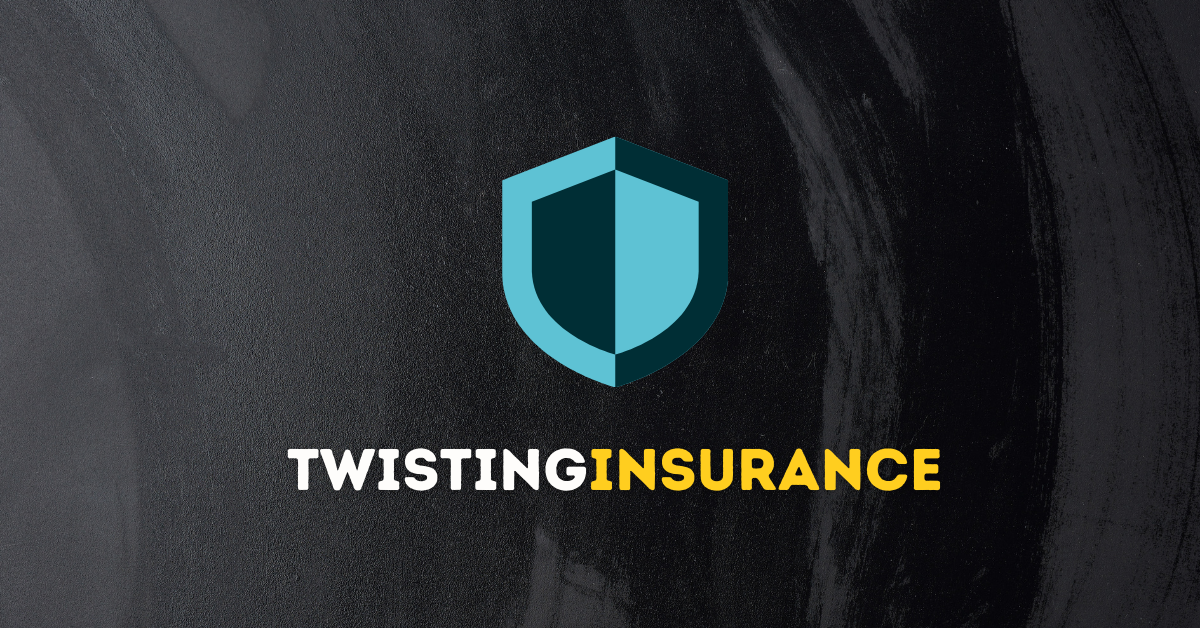Twisting in insurance deals is when an existing insured individual or family pays more for insurance than they made. The leading causes for twisting are: a change in the way claims are reviewed or processed due to policy changes and government regulations. One way to prevent this from happening to you is to perform a claim analysis and identify those areas that could be risky. Let us examine these factors and see what you can do about them.
One of the most common reasons for twisting insurance deals is a change in the underwriting rules. Most people understand that they need to be thoroughly examined before accepting any offer. However, many people also understand that there is still work that needs to be done after being read. Therefore, dishonest insurance agents may choose to hide these aspects from the client, even going as far as to make assumptions or misleading information to qualify them for the best rates. Such deceitful behavior can significantly impact the benefits an individual or family can obtain through a policy.
Another reason for twisting insurance deals is when an agency develops a relationship with the client over a long period and develops trust and faith. When this trust and confidence begin to fade, it can be tough to change the agent's tactics and make them modify their behavior to your advantage. It is vitally essential that insured individuals feel they have complete control over their coverage and that their agent will not sway them to accept a higher rate or the limit of the range that is right for them. If the insured individual feels they cannot control their coverage, they should consider switching agents.
Some people also feel they are being duped if their new agent refuses to discuss the fine print of their policy with them. This can include the details regarding the deductible, rate, and payment structure. If an agent doesn't discuss these topics with the client, they should consider switching agencies until they are satisfied they can fully disclose their policy. In some cases, the only way for an agent to legally continue to practice without revealing their hidden agenda is to register under a new name and re-register as a new agent under that name. However, agents who write under a different name and continue to work without complying with the law in some states are subject to criminal prosecution.
Insurance agents can also be accused of twisting insurance deals if they fail to disclose essential or sensitive information to their clients. For example, an agent may refuse to pay out on a policy until the insured passes a medical exam. However, they failed to inform the client that the policy would not cover a pre-existing medical condition. In that case, the insured is still legally obligated to pay the premiums regardless of whether they passed the medical exam.
Sometimes, the threat of a lawsuit can cause an insurance provider to back out of a deal. If you feel that you have been a victim of twisting in insurance deals, it is essential to notify your attorney about your concerns. An experienced attorney can help you negotiate settlements, reduce premiums, or pursue other legal actions. Additionally, they will know the appropriate venue in which to file lawsuits.
When the lawyer notices twisting insurance policy clauses, they often do not take action because they fear the potential legal ramifications. For example, an agent might find it challenging to continue to pay a $100 per month premium after discovering that the policy will only pay out if the insured passes a specific medical exam. However, by taking action early, an experienced attorney can get the upper hand on the insurance provider and force the provider to modify their terms.
Although many consumers believe that premiums are a perfectly fair pricing mechanism, some don't understand the potential for twisting insurance coverage clauses. If premiums are set based on risk, it makes sense that the company that charges higher premiums has a more substantial interest in maintaining its strong financial position. If the premium increases by a significant amount, the company's profits may decrease, even if the consumer is not made worse off financially. Insurance companies have been found to intentionally understate the risks involved with the products and use language that could potentially be interpreted as a legal loophole. For these reasons, attorneys and consumers alike should be very cautious of any twisting in insurance coverage terms.





0 Comments